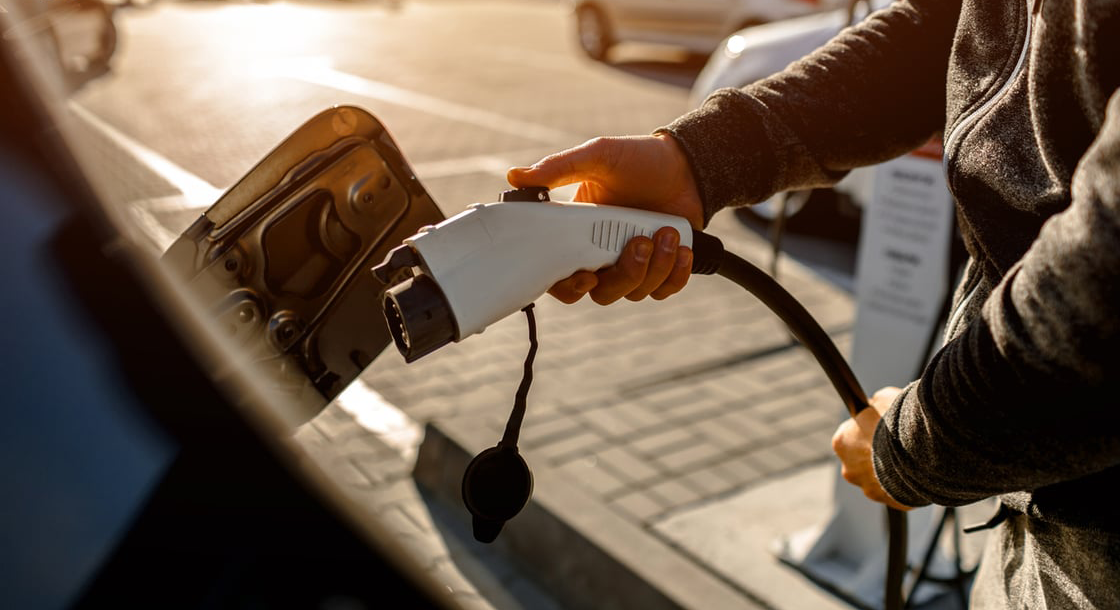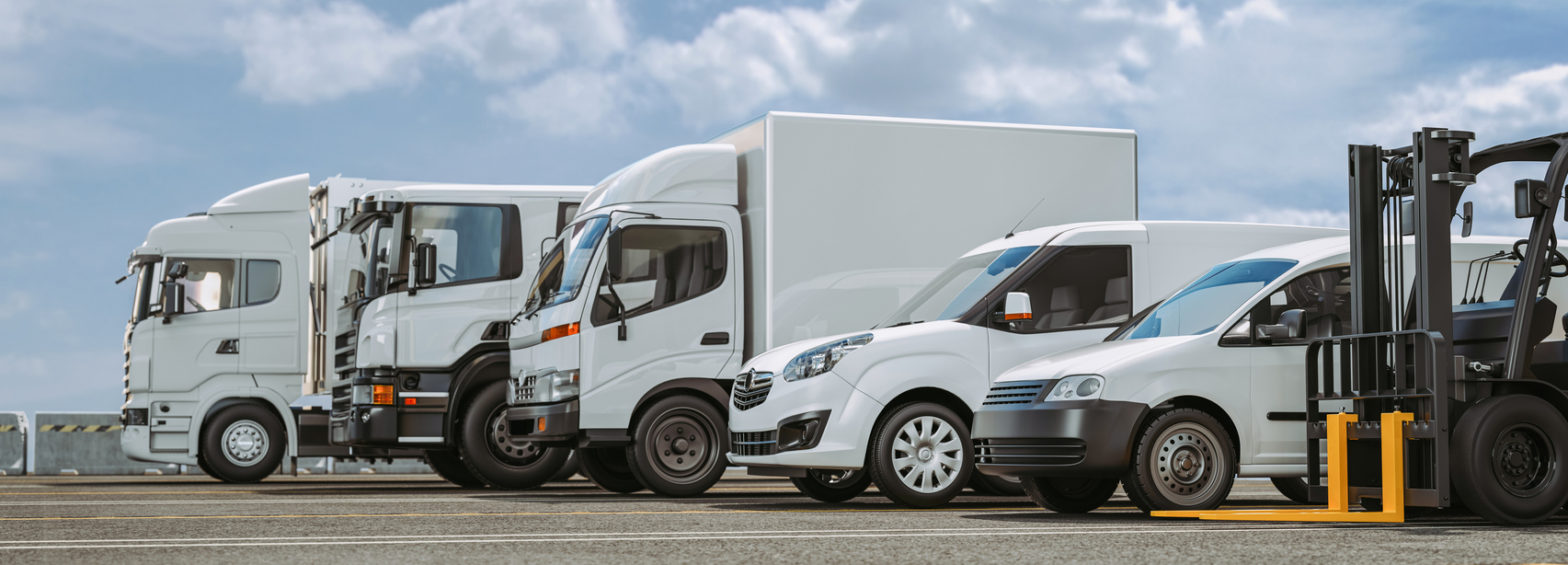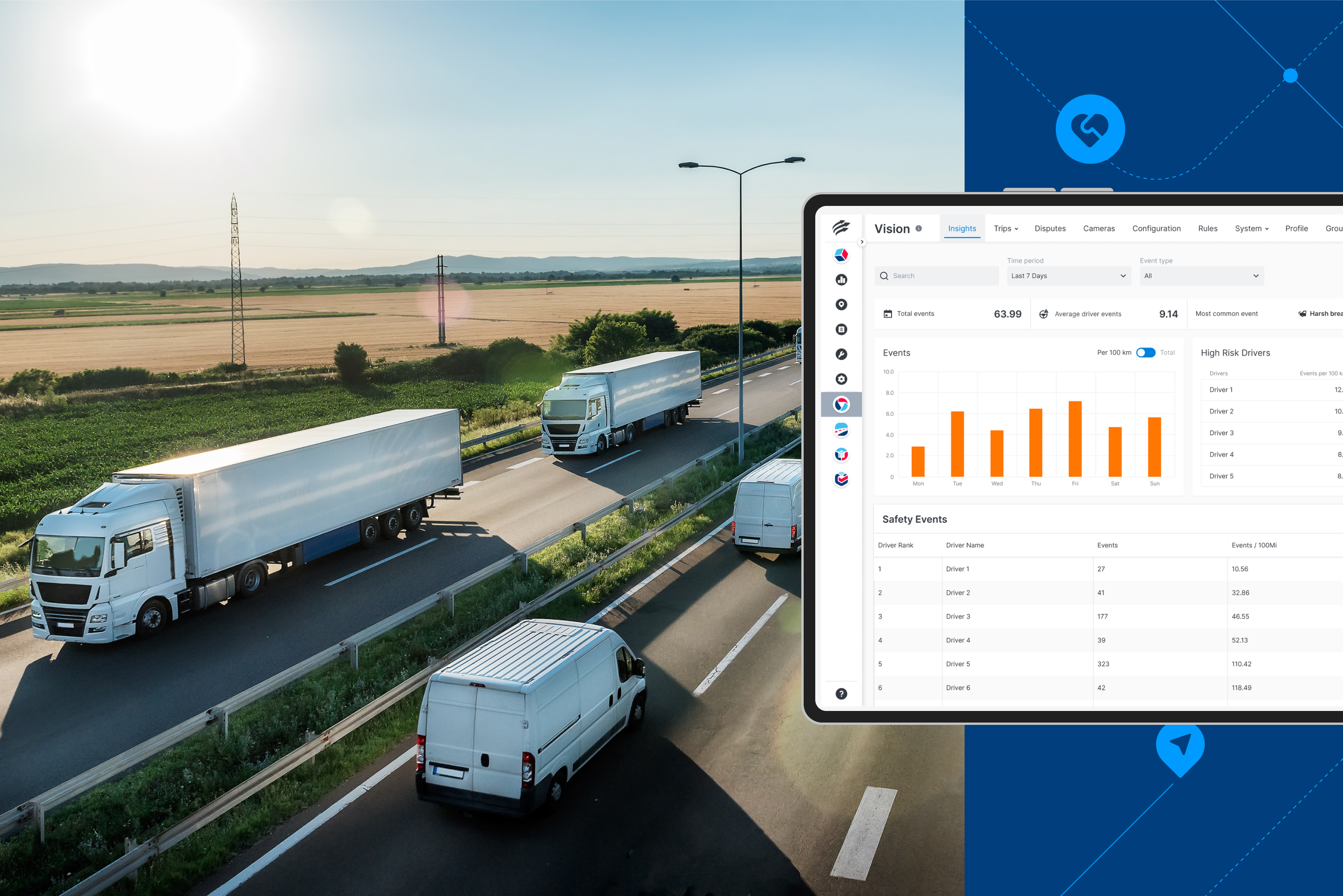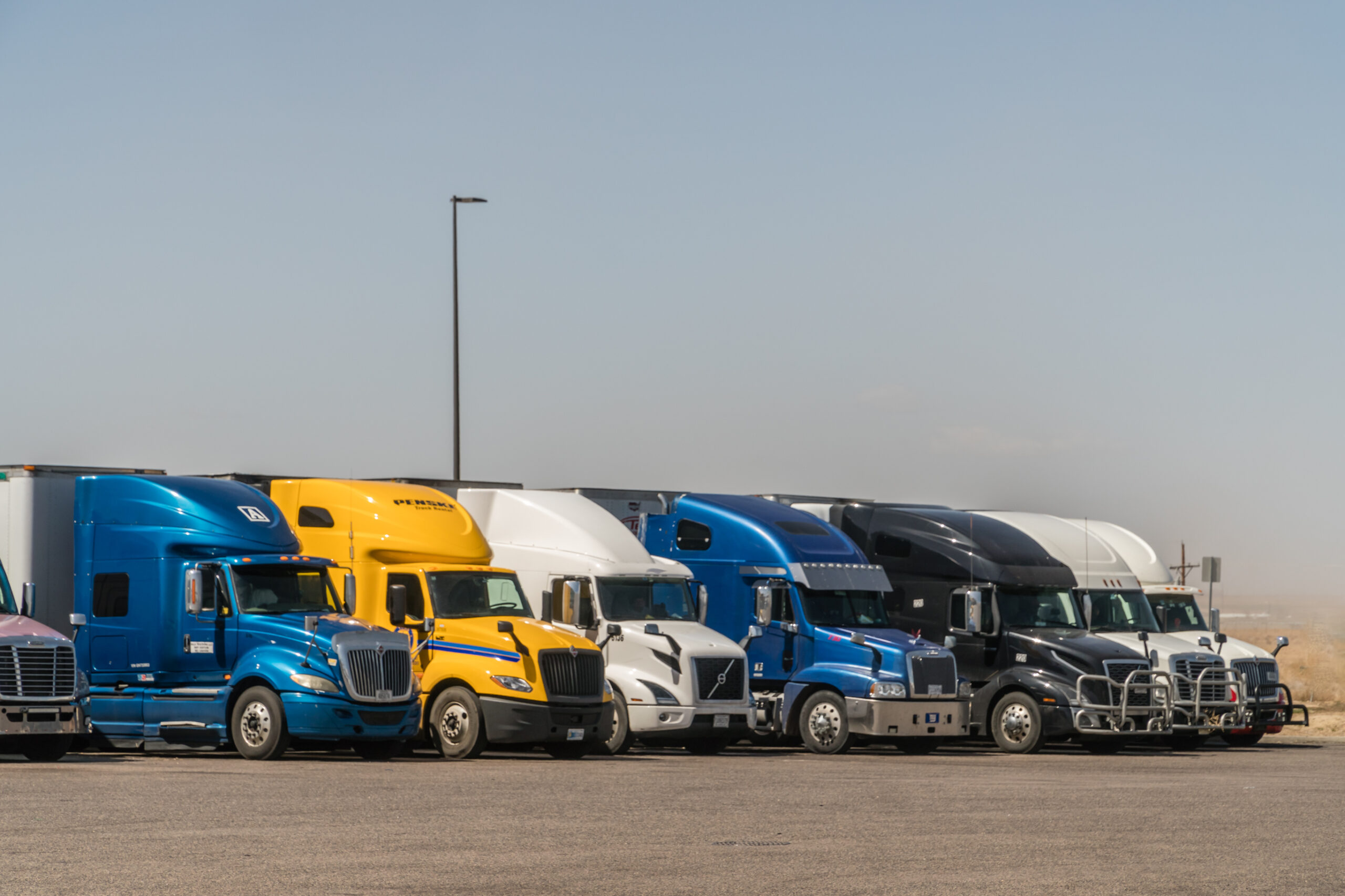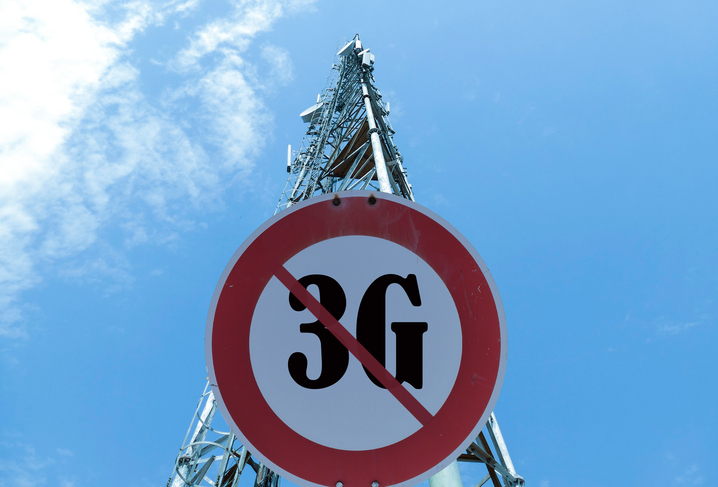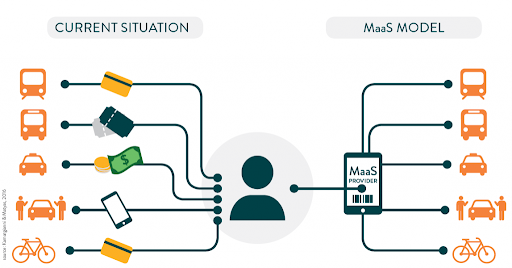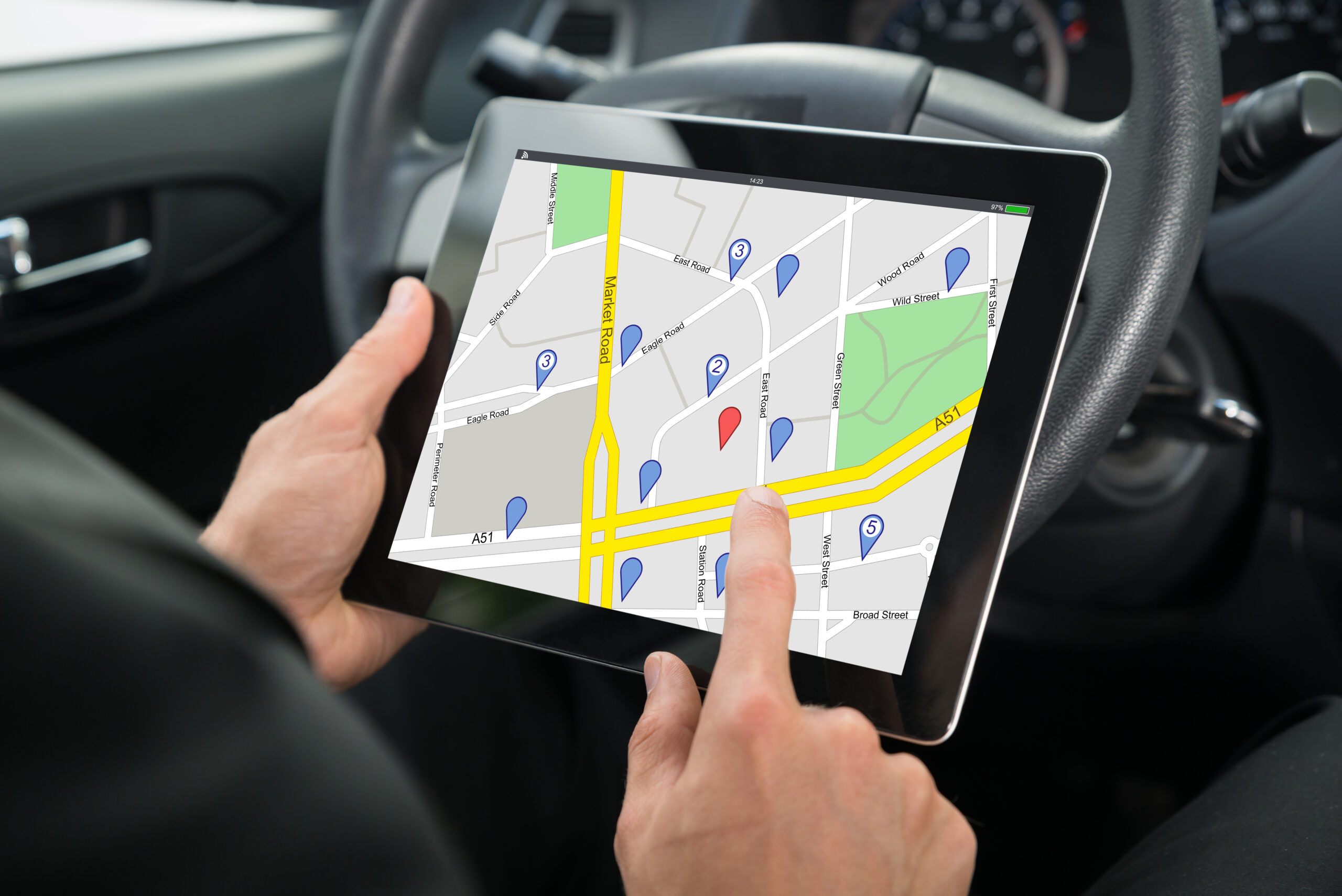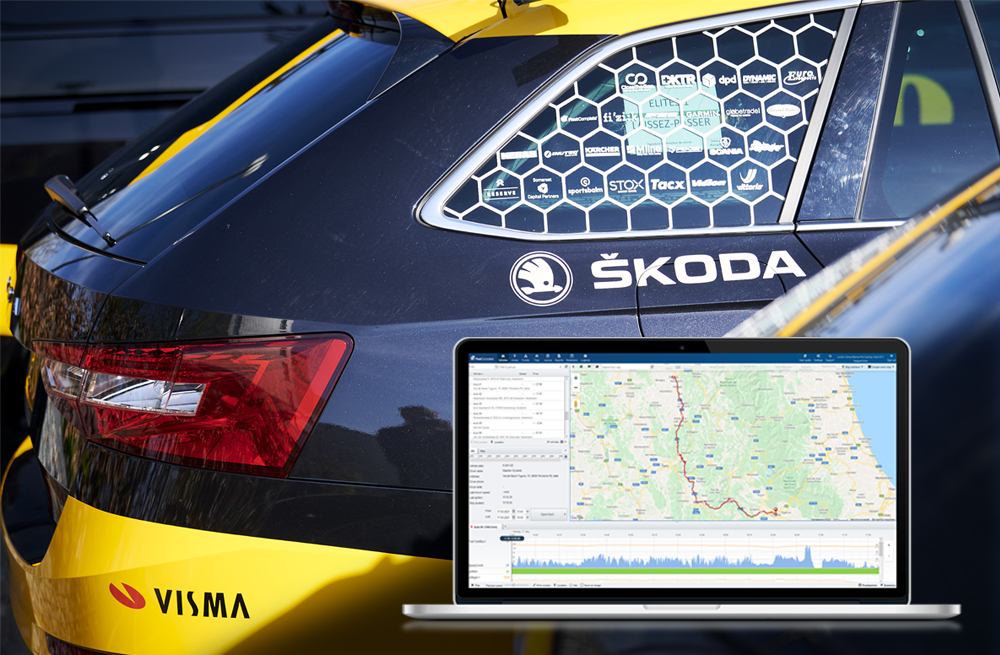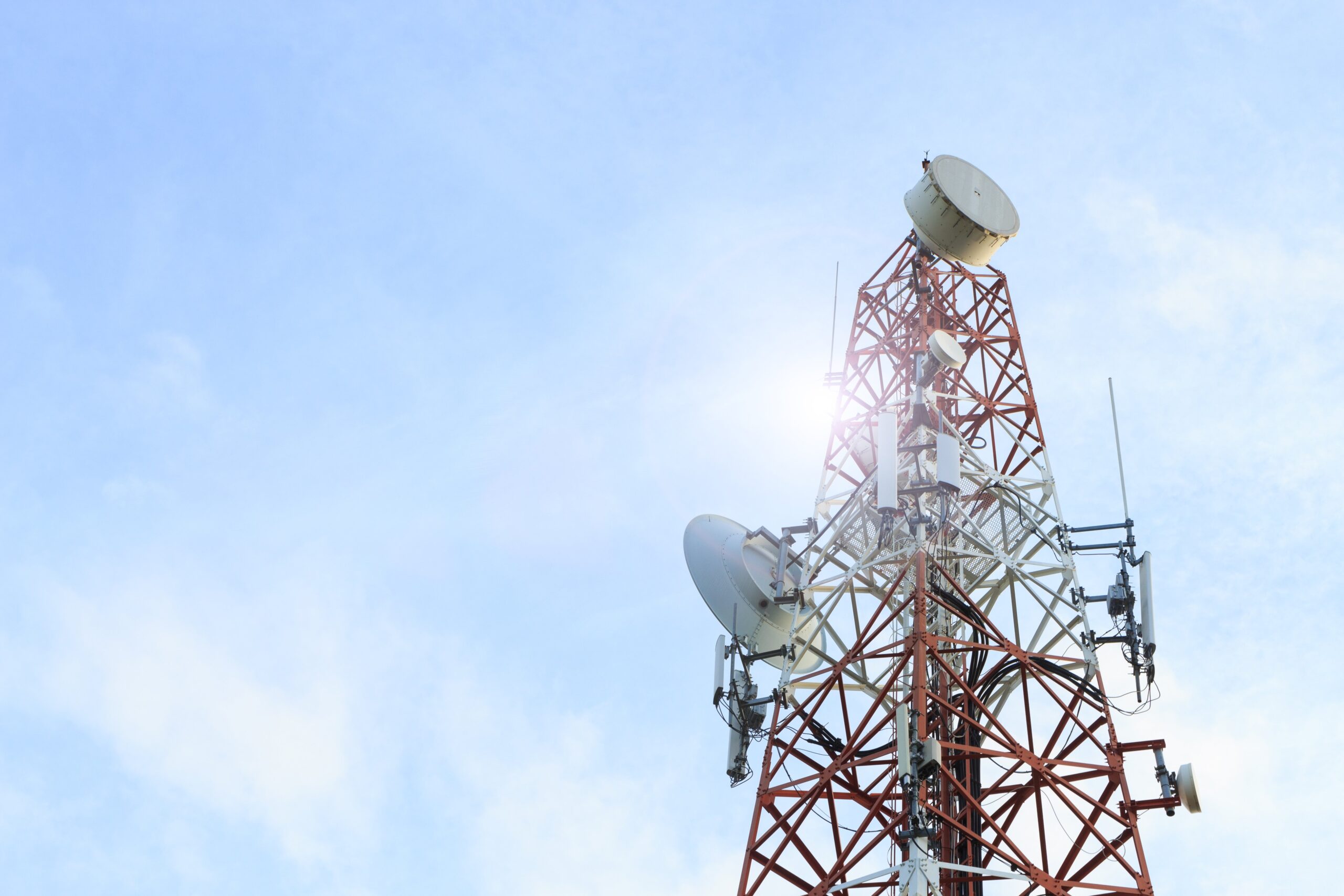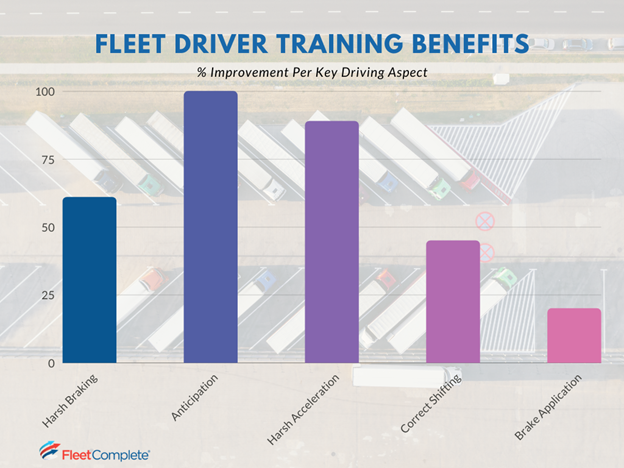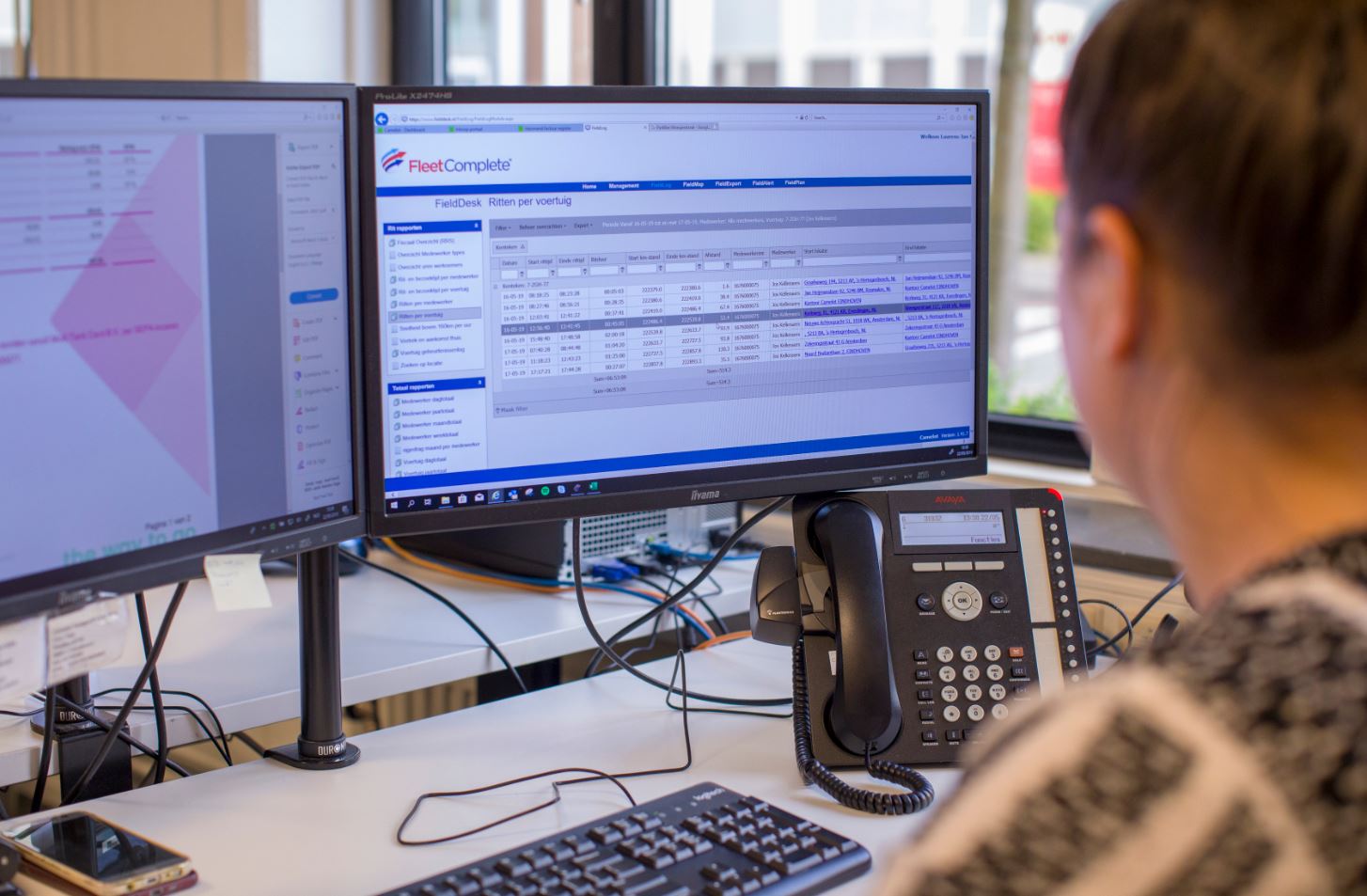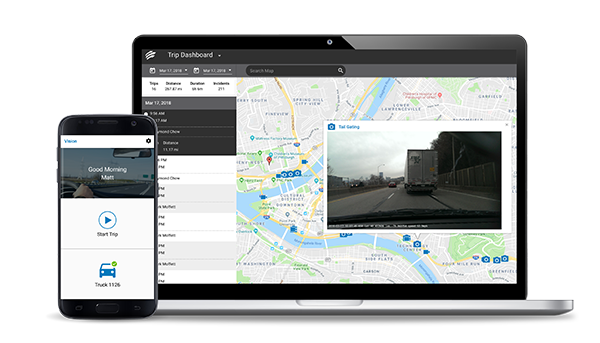Fuel is often one of a fleet’s biggest expenditures – and while fluctuating fuel cost isn’t in a fleet manager’s control, properly tracking fuel usage metrics to avoid overconsumption is.
In this article, we’ll take a closer look at the benefits of integrating fuel data into fleet management and how to go about doing it.
What Does Fuel Cost your Fleet?
Every fleet has a unique expenditure profile. However, fuel is, without exception, near the top of most account sheets.
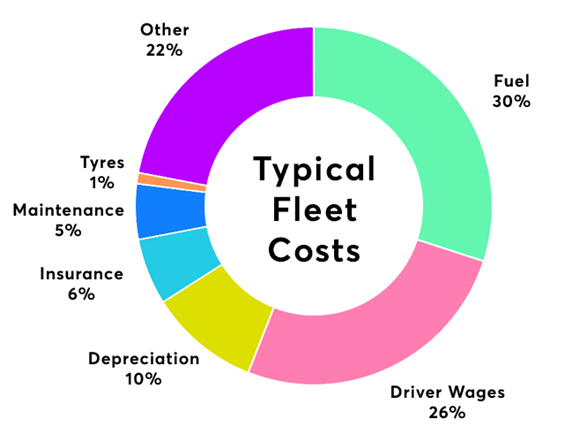
Overcoming the Challenges of Collecting Fleet Fuel Data Manually
Collecting fuel data used to be about monitoring miles traveled and comparing these numbers to fuel receipts. One problem with this method is that it’s time-consuming and often involves ungainly spreadsheets. The second problem: human error. This is usually in the form of drivers losing receipts or writing numbers down incorrectly, or fleet managers making mistakes when crunching the numbers.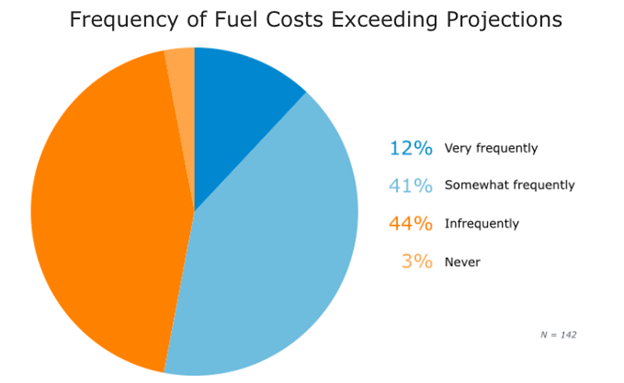
Fuel miscalculations are common among fleet owners. (Image Source)
Miscalculating fuel usage can cause problems when it comes to budgeting and resource management. If you overestimate your fuel expenditure, you miss out on investments you could have made. Underestimate and you end up dedicating more of your budget to fuel than intended.
This is where fleet management software comes in handy.
By tracking vehicle mileage, fleet managers are able to gauge their fuel usage – seeing where overconsumption could be occurring – and make informed business decisions based on this data. Fleet management software is also far more sophisticated than manual fuel tracking: with telematics, you can track things like vehicle idling, harsh driving, and vehicle performance – and see the effect these factors have on fuel consumption. Armed with this data, managers are in a far better position to make informed and profitable decisions about their fleet.
Caution Ahead: Surprising Ways Fleets Waste Fuel
Speaking of idling, harsh braking, and speeding – all of these everyday poor driving habits impact fuel consumption. In fact, idling can waste up to a gallon or more fuel per hour, which is a huge drain on profits.
To combat these sneaky fuel-wasting behaviours, fleet management software provides the answer. Equipping your vehicles with GPS fleet management software means you can track driving in real-time.
Specifically, our Fleet Tracker allows managers to make customizations to notifications of a driver’s behaviour. For example, a manager could set a threshold of driving 15 km/hour over the speed limit for one minute. If a driver exceeds this threshold, the manager will be immediately notified.
With this data, you’ll be able to provide targeted feedback to drivers. This will then help encourage good driving practices long-term – which means much less fuel will be wasted over time.
Investing in training is another option for keeping drivers safe, productive, and avoiding fuel-wasting habits. Some fleet training suppliers offer eco-driving courses. This can result in long-term average savings of, as one study reports, 6% for fleets.
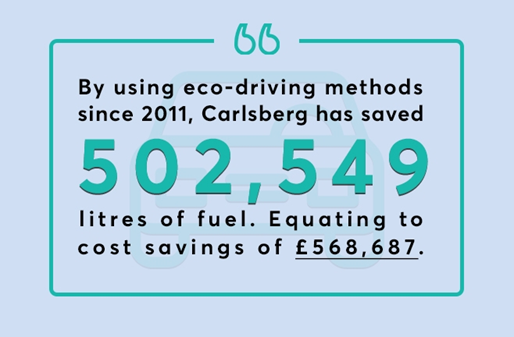
Real-life Example: How Powerfleet (formerly Fleet Complete) Helped J.R. Company Manage Its Fuel Costs
J.R. Company GmbH is a courier and delivery service company headquartered in Karlsdorf, Austria. With a fleet of approximately 120 vehicles, its service offerings include vehicle rental and auto repair and maintenance services. With a growing fleet, J.R. Company was looking for a solution to help manage its fuel and maintenance costs.
“Before implementing the system, we could not evaluate driving behavior. I was wondering how to save fuel costs. And then I recognized that the only solution would be a GPS system,” says Günter Flicker, Fleet Manager at J.R. Company.
The business needed to monitor driver behavior and optimize routes to save time and reduce fuel usage and maintenance needs. “We deliver 5,000-6,000 packages a day. It is very important for us to be sustainable for the future,” says Founder Johann Reisinger.
The solution? Powerfleet’s (formerly Fleet Complete) Fleet Tracker. “We can plan better, better organize the routes, put fewer kilometres on the road, and see a great deal of savings,” added Reisinger.
Flicker agreed, adding, “With the Fleet Tracker, I have details such as drivers’ speed and speeding violations, acceleration habits, sharp turns, and idling time. I can explain these things to the drivers and see how their driving actually improves every week as a result.”
With this data, J.R. company was able to drastically reduce the amount of fuel their fleet was using – enough to report a cost reduction of nearly 50%.
Keep Fuel Costs Under Control with Fleet Management Software
Fuel usage metrics are essential for savings, and by using fleet management software, you gain the proper tools needed to scrap inefficient manual data collection and streamline the process.
With detailed and accurate fuel usage data automatically collected with fleet management software, your business gains insights on the next steps required to cut down on unnecessary fuel usage – ultimately allowing you to reduce costs and improve your bottom line.
To learn more about how fleet management technology can help you reduce your fleet’s fuel costs and other expenses, contact Powerfleet (formerly Fleet Complete) for a demo.









